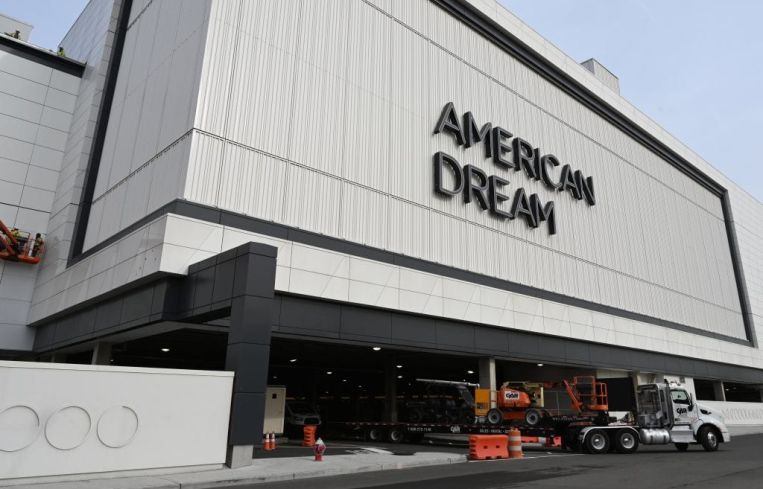American Dream Mall Taps $9.3M in Reserves to Cover Bond Payment
By Nicholas Rizzi August 5, 2021 1:31 pm
reprints
American Dream needed to drain nearly half of its reserves to cover a bond payment as the debt-ridden, New Jersey mega-mall still deals with a cash crunch made worse by the coronavirus pandemic, Bloomberg reported.
The mall, owned by developer Triple Five Group, had to draw on about $9.3 million in its reserves to cover an Aug. 2 payment on about $290 million in bond debt, according to securities filings. It still has another $9.3 million left in reserves that could cover its next payment due on Feb. 1.
A spokesperson for American Dream did not immediately respond to a request for comment.
American Dream issued the bonds, which are backed by 75 percent of its sales tax receipts for purchases at the mall, in 2017, according to Bloomberg. But, investors haven’t been fazed by the cash flow problems at the mall, with the bonds last trading at 105 cents to a dollar on June 9, per Bloomberg.
The 3.1 million-square-foot American Dream mall in East Rutherford, N.J., weathered nearly two decades of construction, three developers, and a major retail contraction before it finally opened its doors in 2019. It only stayed open for six months before the pandemic caused the mall to temporarily shutter.
But, new attractions have started to open and shoppers have started to flock to the American Dream. Foot traffic has steadily increased since it reopened in October, and was up 3.7 percent between April and May, according to analytics firm Placer.ai.
American Dream reported $78.1 million in gross sales during the second quarter, a 27.4 percent jump compared to the previous quarter, while Triple Five hopes to ride an expected boost in high-end shopping when the mall’s luxury wing opens next month.
But it’s still unsure if American Dream will see return visits, and Triple Five continues to carry $5 billion in debt, mainly due to American Dream’s construction, which will likely cause it to lose its 49 percent interest in the Mall of America and West Edmonton Mall, because the developer used them as collateral.
“It would have been much better if American Dream would have burned down or a hurricane had hit it, financially, because we would have been covered by insurance,” Kurt Hagen, an executive at Triple Five, said during a Bloomington, Minn., city council meeting in March, according to Bloomberg. “This pandemic, that we didn’t see coming, has not been covered and was the worst scenario imaginable.”
Nicholas Rizzi can be reached at nrizzi@commercialobserver.com.

![Spanish-language social distancing safety sticker on a concrete footpath stating 'Espere aquí' [Wait here]](https://commercialobserver.com/wp-content/uploads/sites/3/2026/02/footprints-RF-GettyImages-1291244648-WEB.jpg?quality=80&w=355&h=285&crop=1)

